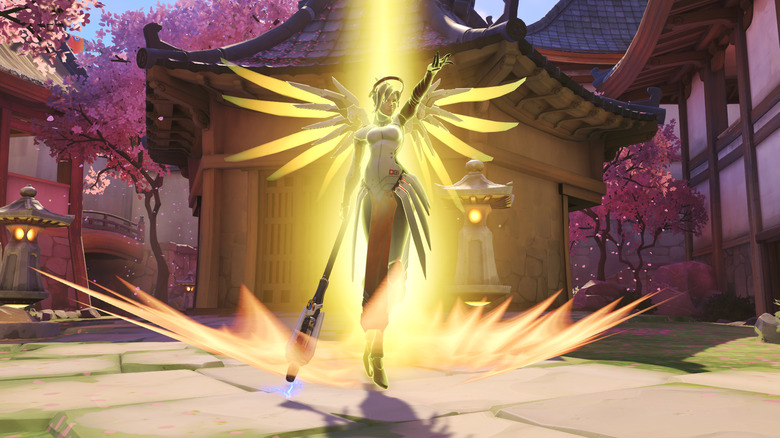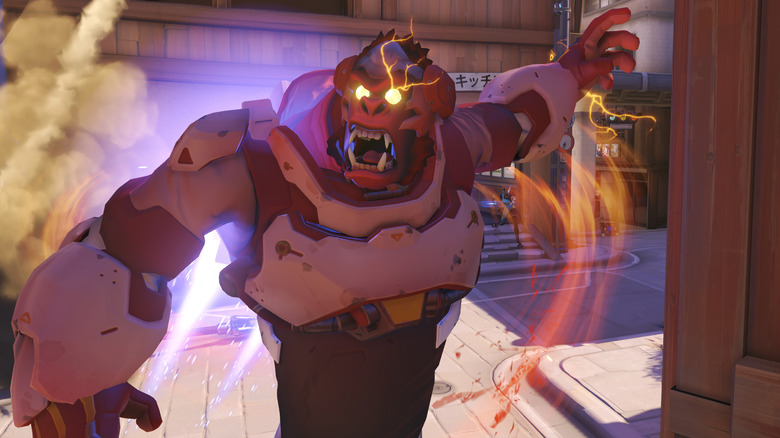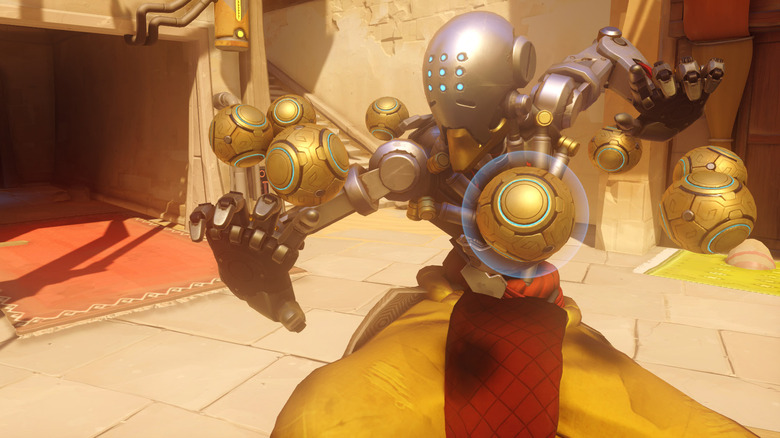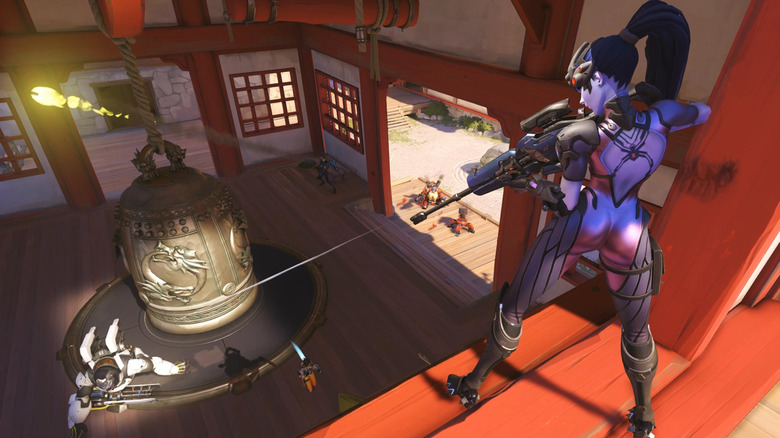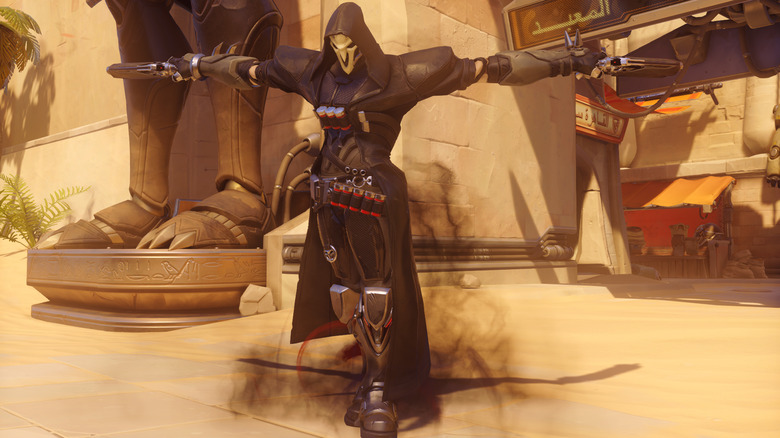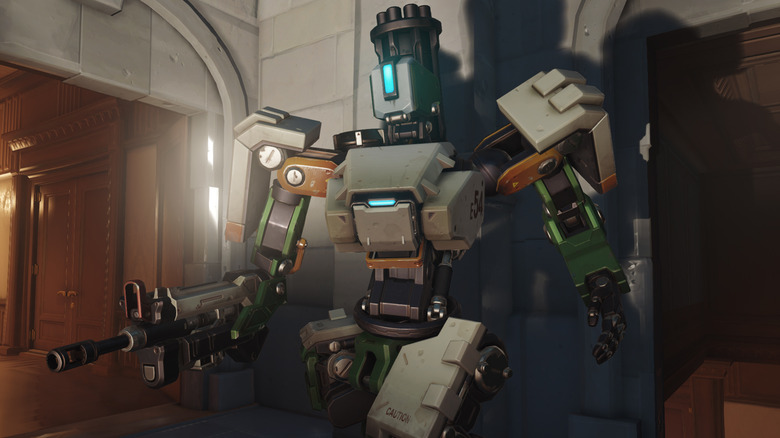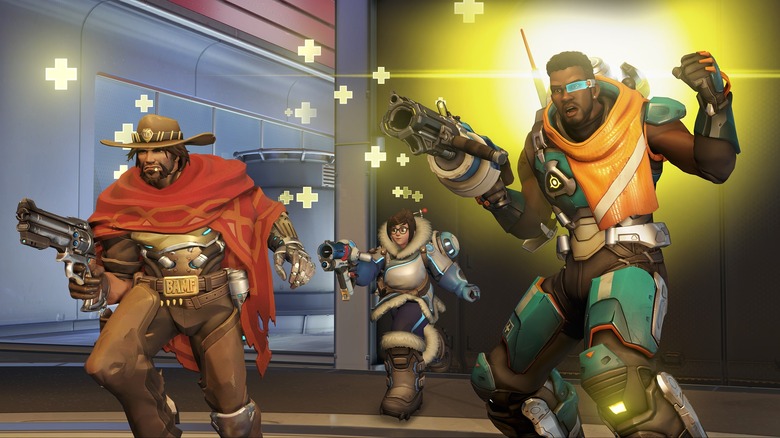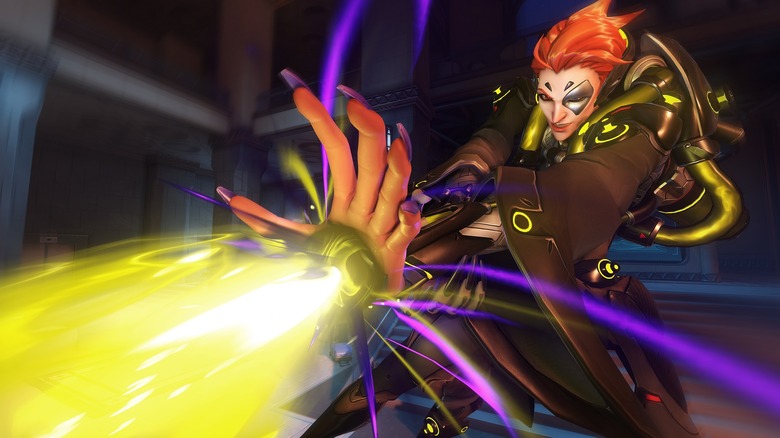Why Blizzard Won't Release Overwatch 2
Overwatch is one of the biggest games in the world; in 2018, Forbes wrote that Blizzard's hero shooter had "wiped its competition from the face of the Earth," called it "Blizzard's flagship game," and claimed that it had "started an entirely new era" for the company. Granted, the video game landscape changes rapidly, but Overwatch is still going very strong.
In traditional thinking, an entertainment product that rakes in billions of dollars will be fast tracked for a sequel. Think about the Final Fantasy series, or something like the James Bond franchise: these are successful products, so it makes sense that their creators would want to churn out more. Overwatch brings in billions of dollars for its parent company; there is no doubt it is a force in the esports market.
However, Overwatch 2 might not be the best route for Activision Blizzard to see continued success with the franchise. Today, we're taking a look at why it seems doubtful an Overwatch sequel is headed our way, at least anytime soon. Nerf this!
Overwatch still has millions of players
A multiplayer game like Overwatch has a somewhat difficult tightrope to walk. With the success it has seen, a sequel seems like the logical route to take next. However, there is no real rush for Blizzard to work towards that end at this point in time. Overwatch is still wildly popular: even without professional events and competitive tournaments (more on those in a bit), it regularly pulls in thousands of viewers on Twitch. And the number of active users in any given month are still enough to make other studios jealous.
Statista writes that, on Overwatch's initial release, it only took a week to have 7 million users. That number quickly ballooned, and Dot Esports writes that the peak user count for Overwatch came around the middle of 2017: 46 million active users. That number has dropped, to be sure; more recent figures have it somewhere around 37 million active users per month. That's still not a number to sneeze at. For a multiplayer only game, having lots of players is key; it provides a shorter wait time between matches and helps ensure that players of all skill levels have a place at the table. Because Overwatch still has so many players, there is no immediate need for Blizzard to bring a sequel forward.
Overwatch League is pulling in viewers and money
Developing a game specifically with the esports scene in mind is a relatively new phenomenon, and one that seems like Blizzard was able to capitalize on to great success. The company is no stranger to the competitive gaming scene: Blizzard's dual RTS series Warcraft and StarCraft both were pioneers in the esports world, and Hearthstone took a big piece of the pie in the collectible card game market. Overwatch seemed primed to be a juggernaut. It did not — and continues to not — disappoint.
The Overwatch League (OWL) has a level of polish and professionalism that make it easy for anyone to settle in with, even if they are much more versed in traditional sports. ESPN features regular coverage of the game, and the biggest OWL matches bring in millions of viewers on Twitch.
The league continues to grow as well. Esports Observer writes that the second season of the OWL averaged more viewers than the first, despite having over an hour a day more coverage. That means more people are watching more content than before. Again, despite the game's success, there's no reason to rush a sequel out the door.
The "games as a service" model is remarkably effective -- when it works
The major reason that Overwatch most likely won't see a sequel any time soon is because it is one of the best examples of the "games as a service" model (where new content is released over time to maintain a long-lived player base) that many big releases are now taking. Tech Raptor writes that every game that follows this model is a bit of an experiment in what new content to offer for free and what new content to charge for. Blizzard's model is similar to the one Valve's Dota 2 uses: give pretty much everything for free outside of cosmetic content. This keeps the integrity of the competitive scene easier to manage, and it allows Blizzard to wallow in that sweet, sweet loot box cash.
Don't forget, however, that Overwatch also has an upfront cost. It's cheaper than most AAA titles, but that fee adds up when you factor in the user numbers we talked about earlier.
The service model is a risk — take a look at Blizzard's own Heroes of the Storm for proof — but when it works, it works very well. VG247 reports that half of Activision Blizzard's 2017 revenue came in the form of microtransactions. Overwatch is a big portion of that pie.
Sequels can split the playerbase
That strong playerbase is a central reason why an Overwatch sequel now might be a killer to the IP: it would split the player base. If Overwatch 2 came out now, some players would change over to that one, and it's safe to assume that most new players would join in the newest version of the game. However, players who have invested significant time and money into the original Overwatch may be hesitant to abandon it; we are all a stubborn bunch.
Two of Activision Blizzard's products frequently see complaints about "splitting a playerbase." Just look at World of Warcraft and Call of Duty. Whenever a new expansion for WoW comes across the board, players have to make the decision to continue shelling out for the game or just be happy with what they have. With Call of Duty, a new entry comes out every year, along with the accompanying paid DLC maps and characters, which again forces that choice.
Essentially, an Overwatch sequel would dilute the playerbase and anger a huge number of the core competitors. Plus, it seems unlikely Blizzard would want to sponsor both an OW1L and an OW2L.
Blizzard still has plenty of ways to shake up the game
Whenever a new character is released in a game with a competitive scene, it causes all sorts of kerfuffle. How will they fit in the metagame? Will they completely change strategies? Can they work in existing ones? This is compounded in a game like Overwatch over other hero-based games like League of Legends or Dota 2. There are only a few dozen characters available in Blizzard's shooter, as opposed to over a hundred in those prominent MOBAs. Because options are limited, a new hero is big news in Overwatch. And the developers still have several in mind.
Heroes Never Die writes that Blizzard, as of November 2018, has six heroes in development for Overwatch. The most recent hero, Baptiste, is the 30th hero available in the game, up from the original 21. That slow trickle of major content helps to keep the game balanced and interesting, and it helps give new players a reason to join a three-year-old game. Couple these hero releases with Overwatch's many special events, and you have a recipe that will keep players itching for more, no sequel needed.
Blizzard's properties have a long shelf life
Blizzard does not have a history of rushing things, so there is definitely some precedent for properties to have a long period of time between series entries.
Take World of Warcraft. There have been plenty of expansions released for the game, but Blizzard was smart enough to never make a direct sequel, as that would alienate many members of the diehard playerbase. It's been going strong since 2004.
The StarCraft series perhaps shows the best precedent for Blizzard's penchant for playing the long game. The first installment was released in 1998 and, despite massive sales and a thriving competitive scene — all before "esports" was even a coined term — a true sequel did not release until 2010. Instead, there were many patches, hotfixes, and balance tweaks over the course of the game's life, and a big expansion to inject some new blood into the game.
Even though a game like Overwatch seems like it could be ripe for a sequel, Blizzard is one of the few companies that seems to have real experience in this realm. Essentially, Overwatch ain't broke yet — why release a brand new model?
Overwatch hasn't even gone free to play yet
Overwatch does not seem like it's losing gas much, despite challenges from the battle royale genre and the King Ghidorah of gaming: Fortnite, PUBG, and Apex Legends. However, it would seem like the possibility of a sequel might be on Blizzard's radar if one thing happens: Overwatch goes free to play.
Although this seems like it won't happen for some time, going free to play might be the panic-button moment for Overwatch. many popular esports games and Twitch games are already F2P: Dota 2, League of Legends, Fortnite, Counter-Strike: Global Offensive, and Apex Legends are just a few examples. This helps them build a massive audience of both players and fans, and a massive audience means more people spending money on the property.
If Blizzard starts to feel the pressure in any sinking Overwatch figures, it seems likely that their first plan of action to right the ship would be a dramatic cut in price, possibly even removing the entry fee altogether. Outlets like The Verge argue that it is already time for the developers to make this leap, but Blizzard has not tipped their hand yet.
Once Overwatch goes F2P — which will absolutely piss off their fanbase — a sequel might seem like a bit more of a possibility. Until then, it seems doubtful the original game is going anywhere.

